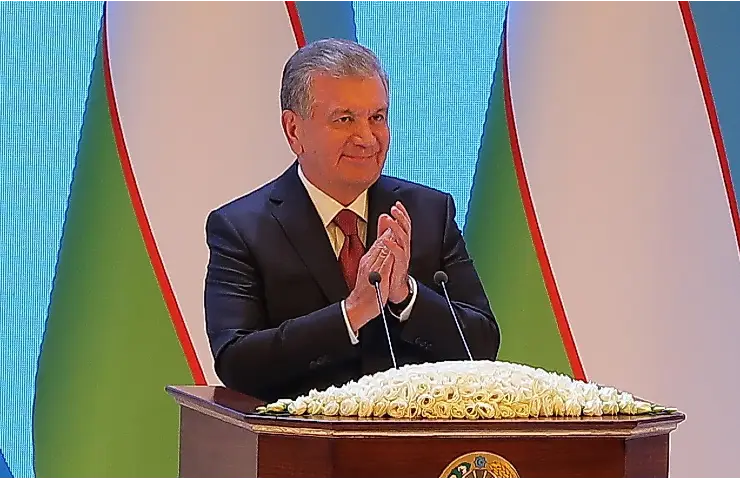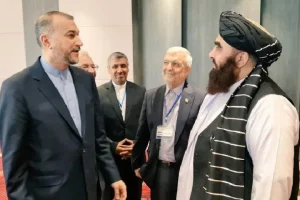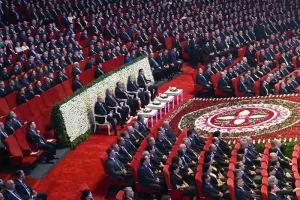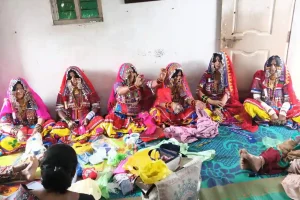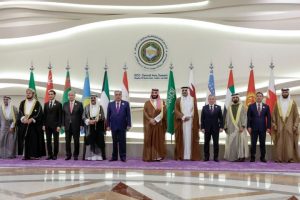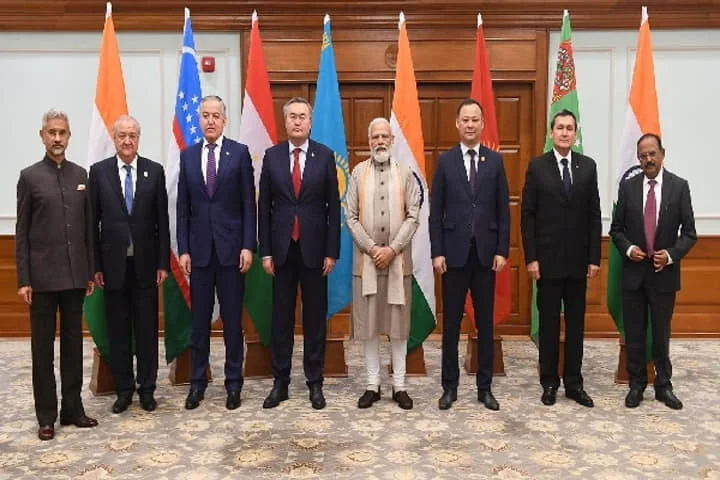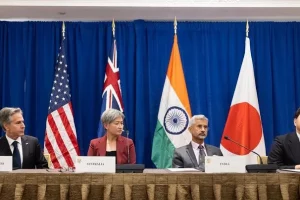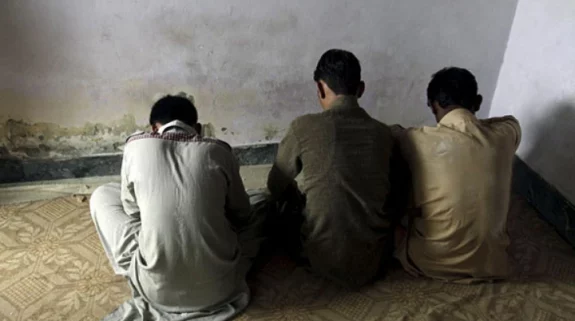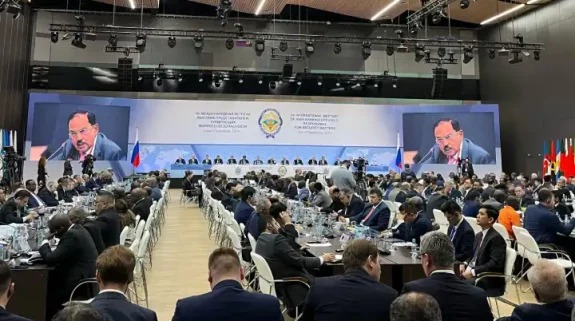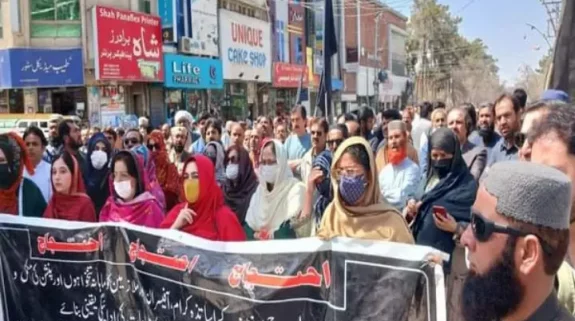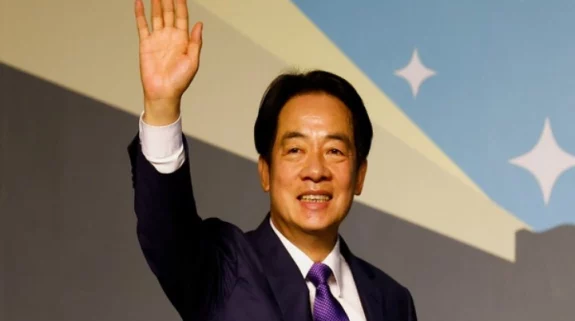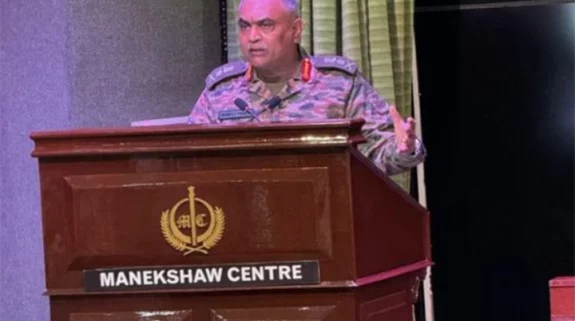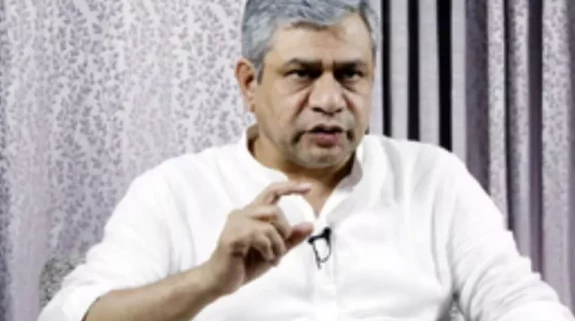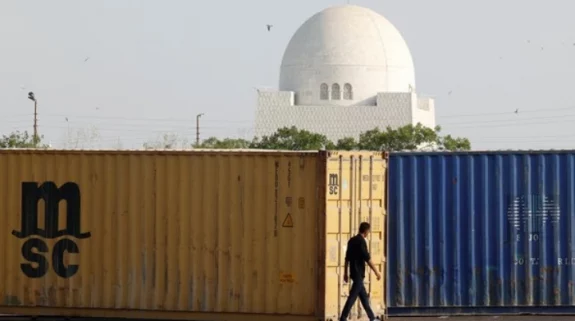The recent presidential elections in Uzbekistan and the re-election of President Shavkat Mirziyoyev bodes well for both Uzbekistan and bilateral relations with India.
The polls, held on October 25, monitored by international observers, were important at several levels. One, they proved the continuing democratization of Uzbek polity and society. Five political parties and their candidates had contested. The recent presidential elections in Uzbekistan and the re-election of President Shavkat Mirziyoyev bodes well for both Uzbekistan and bilateral relations with India.
Secondly, they reflected stability and consensus. Thirdly, it was also the endorsement of and a mandate for the reforms and changes that Mirziyoyev has been implementing since he took over at the helm of affairs in the country following the demise of Uzbekistan's first president, Islam Karimov.
Президент Шавкат Мирзиёевни сайловдаги ғалабаси билан самимий табриклайман. Ишончим комилки, Ҳиндистон ва Ўзбекистон ўртасидаги стратегик шериклик келгуси беш йиллик давр мобайнида ҳам мустаҳкамлашиб бораверади. https://t.co/0lQt9FG5ZP
— India in Uzbekistan (@amb_tashkent) October 25, 2021
Hence, while he represented stability and continuity – having served as Prime Minister under Karimov – Mirziyoyev has also been ushering in gradual but consistent change and reforms in Uzbekistan's polity and society. Mirziyoev began his term by initiating large scale reforms for his "New Uzbekistan" policy. Enshrined in Uzbekistan’s Development Strategy for 2017-2021, these have yielded rich dividends.
For instance, institutions such as parliament (Oli majlis), the judiciary and the press have been strengthened. So has grassroots organisations like the Mohalla system, a lot like our panchayat system. Simultaneously, there have been reforms in the economic sphere. The economy has opened up, foreign investors have been aggressively wooed, the economy has grown by 24 percent, and industrial growth by 34 percent.
Foreign investments have increased exponentially in Uzbekistan; tourism has been aggressively promoted, making Uzbekistan one of the world's top tourist destinations. This has resulted in formidable job creation. Uzbekistan now boasts of a US$60 billion GDP. Simultaneously, peace has been maintained, terrorism and religious radicalism curbed, diversity appreciated, and religious freedom allowed.
While all of the above bodes well for the country, it also makes Uzbekistan, India’s valuable partner in Central Asia. In fact, Mirziyoyev's re-election will only go to strengthen Indo-Uzbek bilateral relations.
When the results of President Mirziyoyev’s electoral victory was announced, Modi was one of the first world leaders to congratulate him.
PM Modi and Mirziyoyev have already established a personal rapport during their years of interaction. When Modi had visited Uzbekistan in 2016 for the Shanghai Cooperation Organisation (SCO) conference, he had had the opportunity to interact with Mirziyoyev taking over at the helm in Uzbekistan. The two leaders have met several times since.
While Modi consolidated India's Connect Central Asia policy, Mirziyoyev too pursued a proactive foreign policy, intent on regional integration, while following a "multi-vectoral policy". This identified India as a valuable partner and a priority market for Uzbekistan's exports. This is borne out by two visits to India by President Mirziyoev within a short span of four months in 2018. During the President's visit in October 2018, 20 documents were signed in different fields, setting what diplomats say opened a new page in bilateral relations. In January 2019 Mirziyoyev again visited India to participate in the "Vibrant Gujarat" global investment summit as a Chief Guest confirming Uzbekistan's desire to intensify cooperation with India.
Because of the Covid-19 pandemic, a virtual summit between Prime Minister Modi and President Mirziyoyev was held in December 2020 and a “Joint Statement on Close Friendship and Strong Partnership” was adopted and 9 documents on cooperation in different priority areas were signed.
According to diplomatic sources this was the very first time President Mirziyoyev was participating in a summit meeting in a virtual format and therefore the meeting was a significant event for him.
Today, India-Uzbekistan cooperation span numerous fields: science and technology, IT, business, tourism, education, counter-terrorism, peace and security, connectivity, energy, political, cultural and so on. Participation in multilateral forums like the Shanghai Cooperation Organisation (SCO) and the India- Central Asia Dialogue have only helped strengthen bilateral coordination and position on regional issues.
Uzbekistan willing to engage with all stakeholders in Afghanistan, including Taliban—Uzbek scholar
These are all set to grow as Uzbekistan has also joined the Chabahar port project together with India, Iran, Afghanistan. Besides, it is also a member of the International North South Transport Corridor. As an immediate neighbour of troubled Afghanistan, Uzbekistan has significant outreach to the Taliban, even as it keeps religious radicalism under a tight leash inside the country and promotes moderate Islam and a modern Muslim society. All this makes Uzbekistan an even more valuable partner for India
Mirziyoyev's re-election means the pace of reforms inside Uzbekistan will continue, this in turn will pave the way for closer India-Uzbekistan ties.






